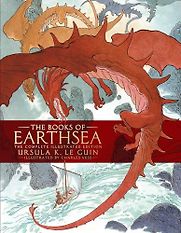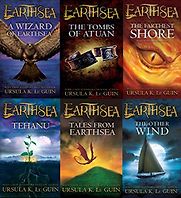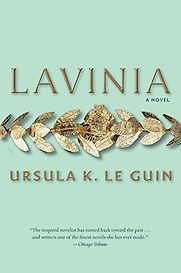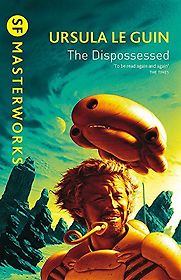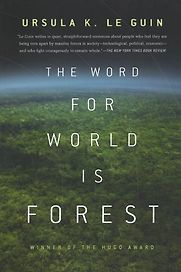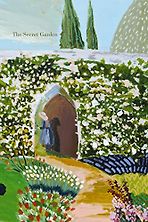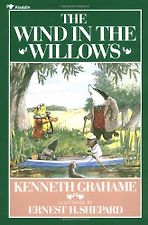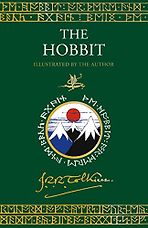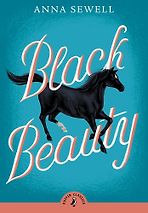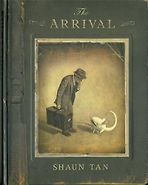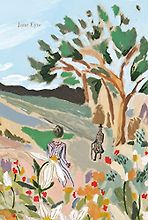Recommendations from our site
“Le Guin was writing probably not intentionally Jungian structures but she has a creature or an entity called the Shadow, so it’s pretty hard to escape Jung on that. And then there’s a lot of Daoism, the kind of sense of the balance forces of the universe. What does a wizard do in that kind of a world? And again, especially with death, which is the ultimate fear that keeps coming back throughout the Earthsea books. The formulation of how you deal with it changes from book to book. I think one of the great things about that series is that she didn’t erase anything she’d done before, but she kept rethinking and complicating the relationships.” Read more...
The best books on Fantasy’s Many Uses
Brian Attebery, Literary Scholar
“It was published in 1968 and it was a revelation for fantasy readers, and possibly a revolution. In Le Guin’s work you can see a predominantly Christian, patriarchal, English tradition reinvented by a writer who was not only an American woman but a Taoist-atheist…Both Tolkien and Lewis were devout Christians, but Le Guin brought fantasy back to its pagan roots. She used as the foundations of her magic system and her story the building blocks of nature and sex and language.” Read more...
Lev Grossman, Novelist
“It has a personal connection for me…I spent a lot of time on an uninhabited island off the west coast of Scotland. We spent many of our holidays there because my dad was a birdwatcher and, in fact, chairman of the Royal Society for the Protection of Birds. It was part of an island archipelago, so the archipelagos of The Wizard of Earthsea absolutely resonated with me on a personal level. The school on Roke, a school for magic where you can learn how to be a wizard, was such a glorious idea. Sparrowhawk is a fallible character who you love and he’s courageous. He has lessons to learn and I love that idea…He wasn’t a golden hero, he has an arrogance when he releases this big spell and he has to spend the rest of the books trying to put it right. I think I was a bit older when I read it, 16 or maybe 17. I’m still very moved by it, and it’s so clever, the ideas in it. The idea that you can’t lie in another language. You can’t lie to a dragon. That stayed with me for years.” Read more...
Cressida Cowell, Children's Author
Harry Potter was not the first book to feature a wizard, and it’s worth reading some of the older books that (presumably) inspired JK Rowling. Ursula Le Guin’s A Wizard of Earthsea (1968) is a perennial favourite on Five Books. In the book, a boy who discovers he has magical powers ends up at a wizarding school and fighting evil. Despite the similarities, A Wizard of Earthsea is quite a different book from Harry Potter. The school (Roke) does not play the central role Hogwarts does and the writing has a bit more of an epic, somewhat formal feel.
One other book to mention in terms of the inspiration behind Harry Potter: if you haven’t read it yet, you’ll find quite a bit that’s familiar from Harry Potter in The Lord of the Rings. This is a book I devoured as a 13-year-old and enjoyed rereading recently for Five Books. My kids found it a bit harder going, though we did listen to the first two volumes as audiobooks in the car.
From our article Books like Harry Potter
